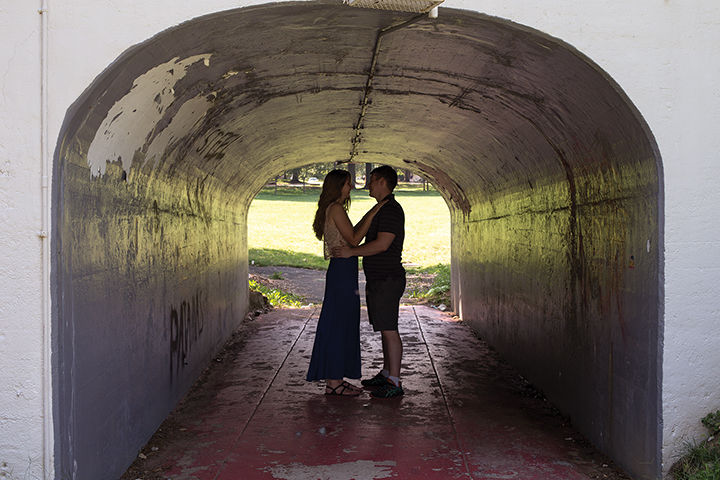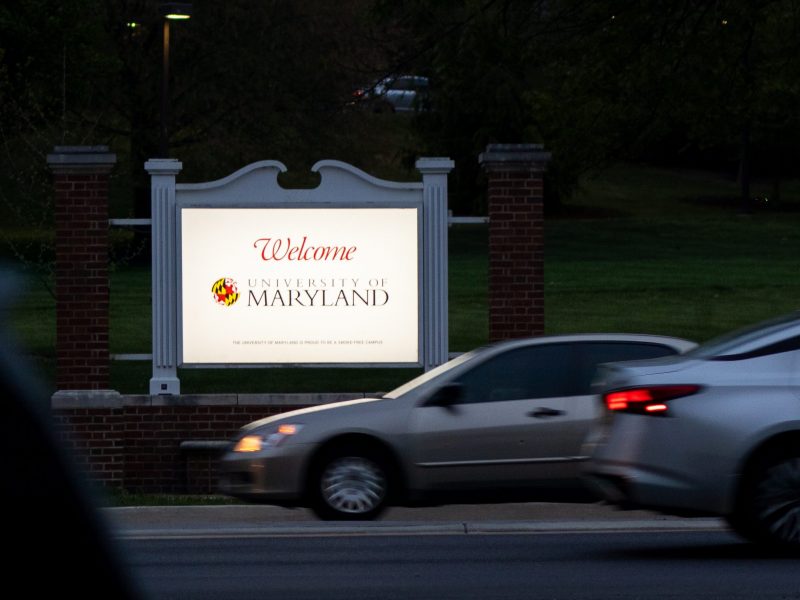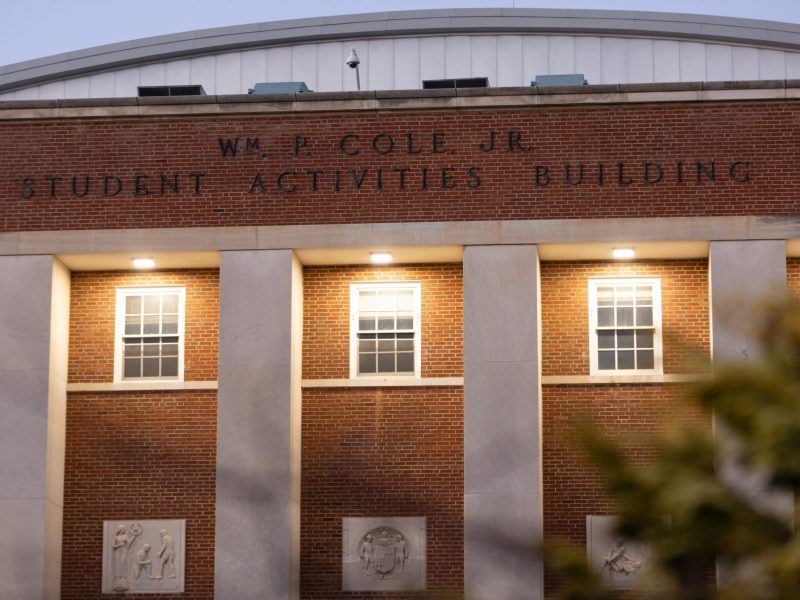If you’re thinking of asking out a friend this Valentine’s Day, chances are they might not feel quite the same way, but you might get a date out of it anyway, recent research suggests.
A University of Maryland professor investigated perceptions of relationships and sexual desire in opposite-sex relationships and found that people who have romantic feelings for a friend tend to overestimate how much those feelings are reciprocated.
However, this isn’t always bad news: The assumption of shared interest might help individuals ask out their crush in the first place.
“When people have strong feelings of romantic desire for a friend, they engage in what you might call wishful thinking,” said Edward Lemay, a psychology professor who conducted two studies on the topic. “So you might start to believe that your friend has those feelings for you back.”
Lemay said he had long been interested in the concept of motivated cognition — the tendency for people to see things the way that they want to see them — and he wanted to look at how it affects pre-romantic relationships.
Researchers investigated behaviors of students from this university in two studies, each involving more than 100 pairs of opposite-sex friends. The results of the studies were submitted for publication in January.
The first study found that people of both sexes tended to overestimate reciprocated desire in their friends, Lemay said.
“Essentially, people are prone to seeing through the lens of their own desires, seeing what they want to believe,” he said.
In the second study, Lemay said, researchers found that when people had those biased perceptions, there was a tendency for that wishful thinking to turn into a kind of self-fulfilling prophecy.
“Our results suggest that when people have these sort of perceptions … it could give them the courage they need to pursue a relationship or engage in pursuit behaviors,” Lemay said.
Due to the perceived reciprocation, Lemay said, subjects could be more likely to tell their friend that they’re interested, ask them out on a date or try to spend more alone time with them. Over time, these pursuit behaviors can actually succeed, resulting in true reciprocation, he said.
“Our behaviors are often motivated by our perceptions, and a lot of times our perceptions can be biased, so we are enacting behaviors based on false perceptions,” said Noah Wolf, a psychology graduate student who helped Lemay with the research. “But we actually found it is beneficial for some people to act on those misperceptions.”
This area of study could be important for understanding the dynamics of close relationships and the impact of perceptional biases, said Margaret Clark, a psychology professor at Yale University who was not involved with the research.
“Although people are used to thinking of bias as a harmful or negative thing, bias is not always harmful in relationships,” Clark said.
This topic could be particularly useful around Valentine’s Day, Lemay said.
“There’s a lot of evidence here suggesting that wishful thinking is actually useful,” he said. “Understanding the formation of these relationships provides better understanding of the kinds of processes that can motivate the initiation of relationships.”



